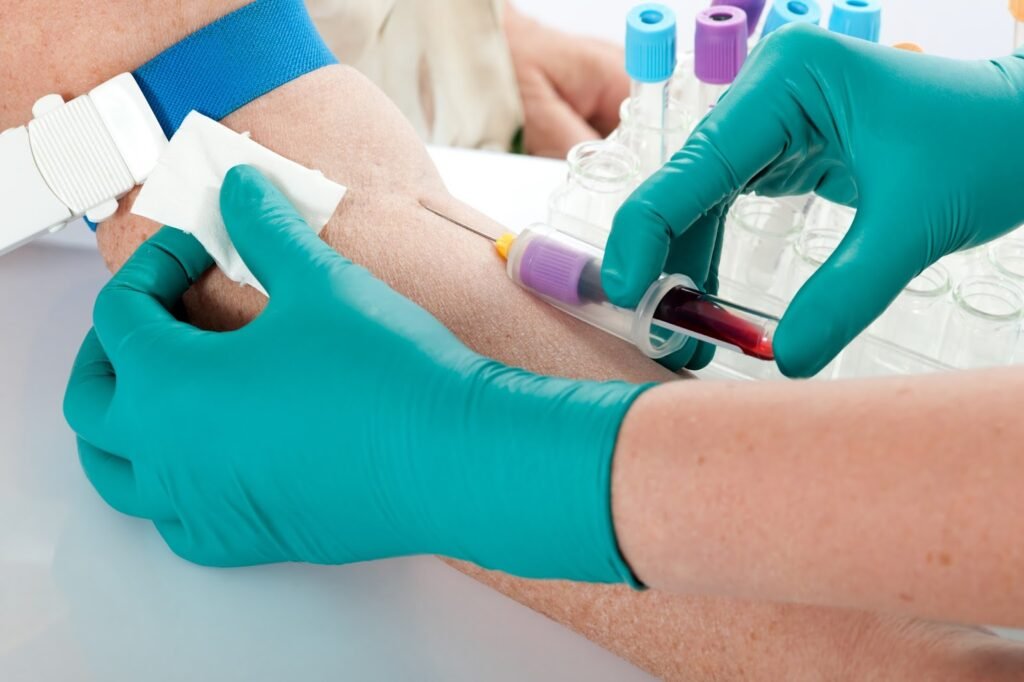
A groundbreaking study suggests that a simple blood test can help identify Parkinson’s disease in its early stages—long before symptoms appear. Published in the renowned journal Nature Aging, this research represents a crucial advance in the development of early diagnostic tools for a condition that affects more than 10 million people worldwide.
*The Search for Early Biomarkers
Parkinson’s disease is a neurodegenerative disorder caused by the gradual loss of dopamine-producing neurons in brain areas that control movement and balance. Currently, most diagnoses are based on visible symptoms—such as tremors, rigidity, and cognitive decline—by which time more than 60% of critical neurons are already compromised.
To change this scenario, Israeli researchers analyzed blood and brain tissue samples from Parkinson’s patients and healthy individuals. The focus? Transfer RNA fragments (tRFs)—small RNA molecules associated with neurological diseases.

*Key Findings
The study identified two key biomarkers:
One linked to the presence of Parkinson’s.
The other linked to the progression of the disease.
Measuring these markers could enable early diagnosis through a blood test.
By focusing on tRFs, we have opened a new window into the molecular changes that occur in the early stages of Parkinson’s,” explained Prof. Hermona Soreq, lead author of the study (Hebrew University of Jerusalem).
*Challenges and Next Steps
Despite the promising results, the following are needed:
Larger, longer-term studies with diverse groups.
Confirmation that the test can differentiate Parkinson’s from diseases with similar symptoms.
“Further research is essential to refine this test, especially in distinguishing Parkinson’s from conditions that share early signs,” highlighted Dr. David Dexter, Director of Research at Parkinson’s UK (not involved in the study).

*The Future of Early Diagnosis
This research builds on recent discoveries in Parkinson’s biomarkers. In 2023, an EU-funded project identified eight proteins in the blood that can predict the disease up to seven years before symptoms.
*A non-invasive and reliable blood test could:
✔ Reduce delays in diagnosis.
✔ Allow for earlier interventions.
✔ Accelerate the development of new treatments.
“This advance can alleviate patient uncertainty, guide timely therapies and boost the search for innovative drugs,” the research team reinforced.
*Your Opinion Matters!
Do you believe that early diagnosis can revolutionize the treatment of Parkinson’s? Leave your comment below!
*Follow our blog for more updates on medical advances and neuroscience research.




